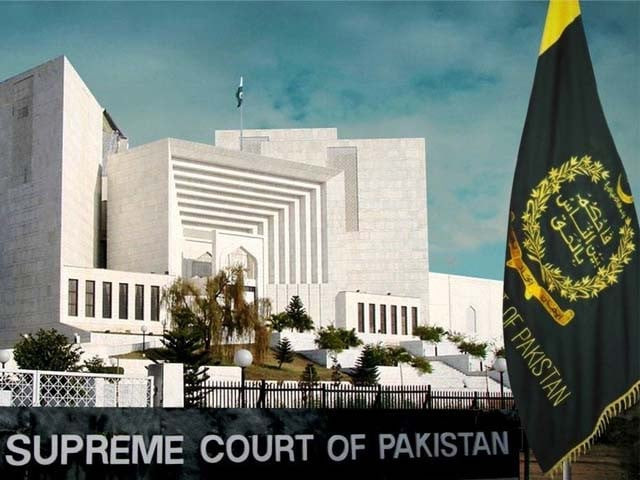Recent events in Pakistan have raised a very important question regarding our judiciary. For the first time, the people of Pakistan are not just questioning the actions of politicians but also those of the chief justice of Pakistan and his fellow justices of the Supreme Court. All this stems from the landmark order of the Supreme Court dated April 7, 2022. The much-awaited order has not just altered the political scenario in the short term but could also have a long-term impact on the structure of Pakistan’s parliament.
Before I jump into the controversies surrounding the order itself, it is extremely important to note that the Supreme Court was correct in holding the rejection of the no-confidence motion as unconstitutional under Article 5. It is the principal job of the Supreme Court to interpret our Constitution and question anyone who violates it.
However, at the same time, the Supreme Court left an exceptionally surprising precedent in the wake of this order; a precedent which calls into question exactly how much the Supreme Court can interfere in parliamentary affairs. The order seems to suggest that the court holds the power not just to revive a dissolved National Assembly but can also give instructions as to what a session of the National Assembly is to do and the time frame it must complete the given task. These directives were given by the Supreme Court in reference to Article 184(3) of the Constitution.
It is important to note that the separation of power is one of the ruling factors of our democracy, and it allows parliament, the judiciary and the establishment to function without interference from any other body of the government. Unfortunately, the Supreme Court in its order has, to a great deal, compromised this separation of power.
While protecting the Constitution under Article 184(3) from being violated, the Supreme Court has instead almost nullified the effect of Article 69 of the same constitution which specifically states that the proceedings of parliament shall not be called into question on the grounds of any irregularity of procedure. Furthermore, by opening its doors at night to ensure the implementation of the order, the apex court has quashed Article 248 which states that the president, a governor, the prime minister, a federal minister, a minister of state, the chief minister and a provincial minister shall not be answerable to any court for the exercise of powers and performance of functions of their respective offices or for any act done or purported to be done in the exercise of those powers and performance of those functions.
However, this begs several questions: did the Supreme Court violate Article 69 and 248 in its order? Can the relevant parliamentarians be accused of contempt of court if the order is not enforced? Has the court violated the constitutional rights of the members of parliament?
While many are asking for the Supreme Court to provide the reasoning behind this order, no clear answer has been given yet. Given the severity of this issue and its ramifications, it is the duty of the justices to ensure that they let the people of Pakistan know the legal factors which drove this decision. It must be explained why parliament’s violation of the Constitution for the sake of protecting democracy is incorrect but the Supreme Court doing the same in the name of protecting the same constitution is correct. If today we fail to get an answer for this decision, then it seems that we are moving towards creating another institution in this country which is not answerable to any person or state body. It is essential for the protection of democracy in this country that all institutions are answerable to the public.
The precedent that has been set is not just harmful for the sitting parliament but will also play a role in the decision-making of future parliaments, and the Supreme Court will have to justify this order for years to come.



COMMENTS
Comments are moderated and generally will be posted if they are on-topic and not abusive.
For more information, please see our Comments FAQ